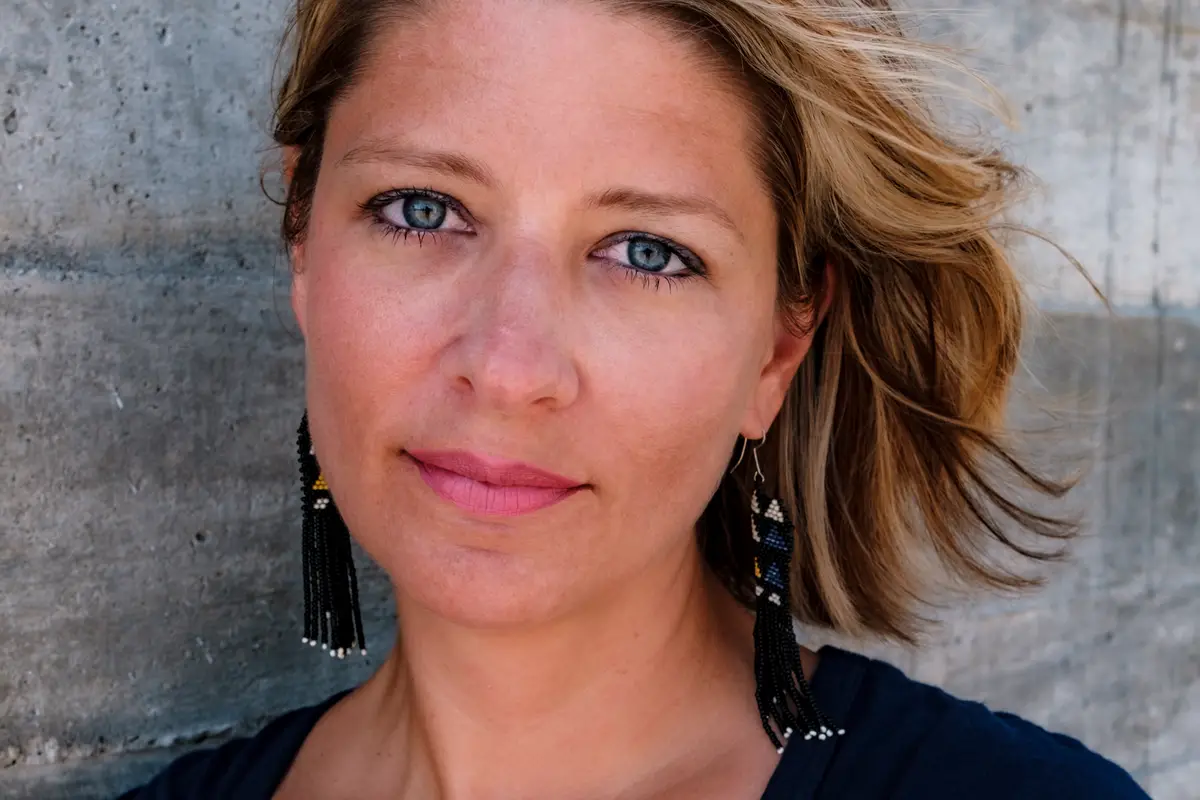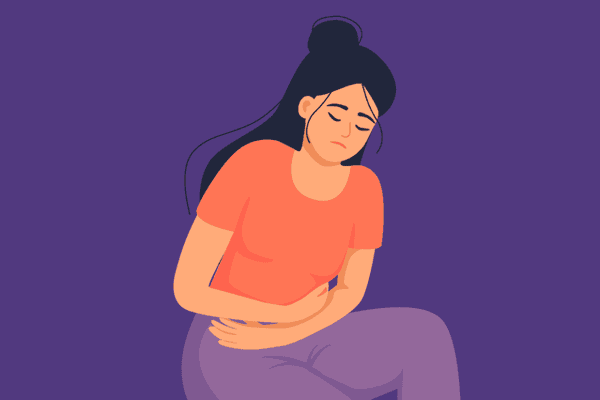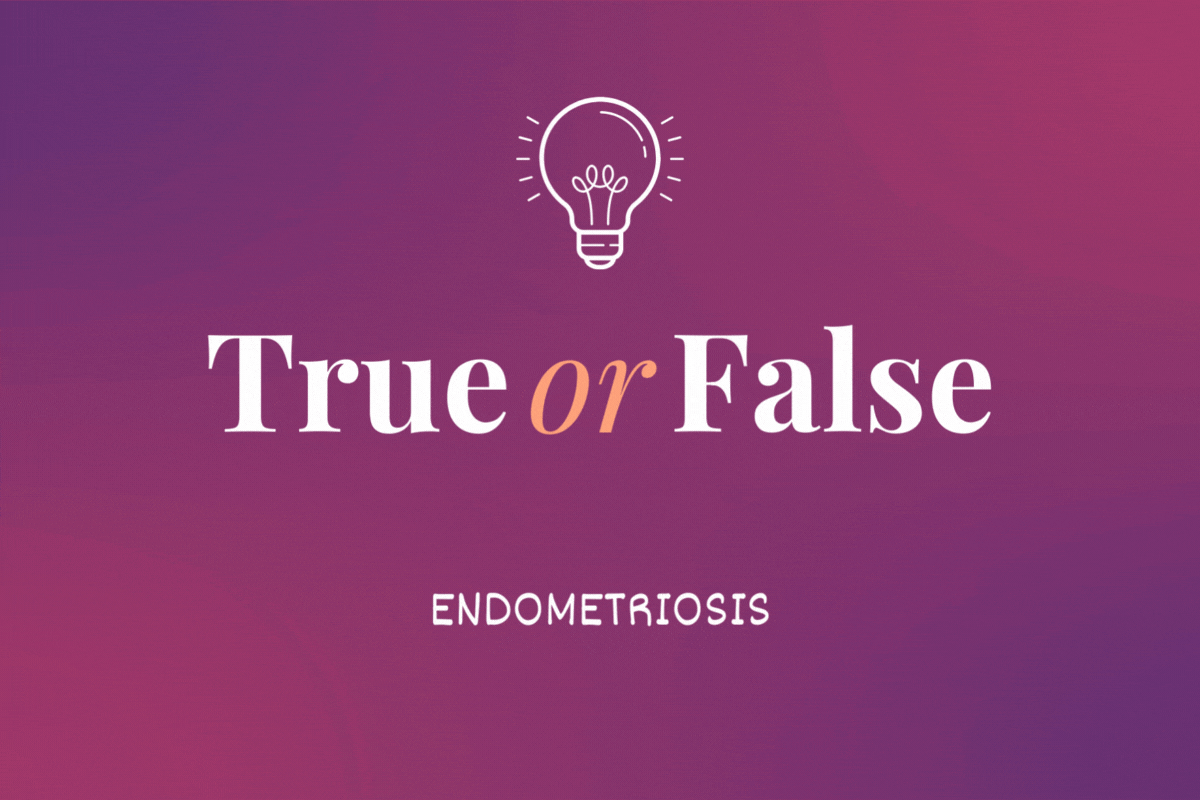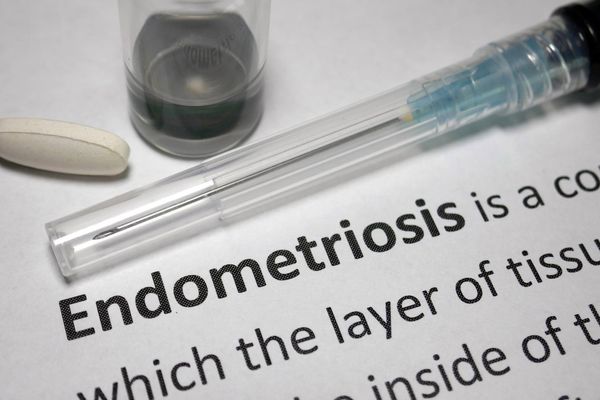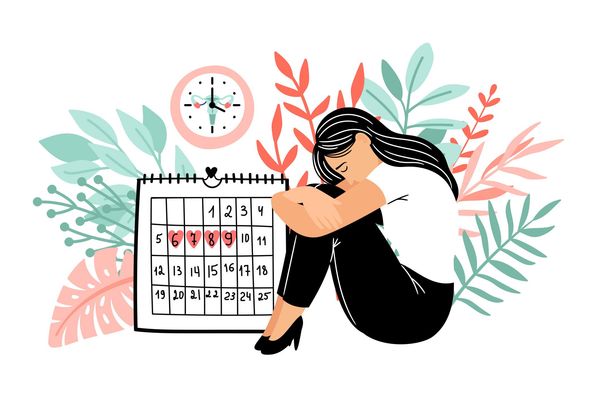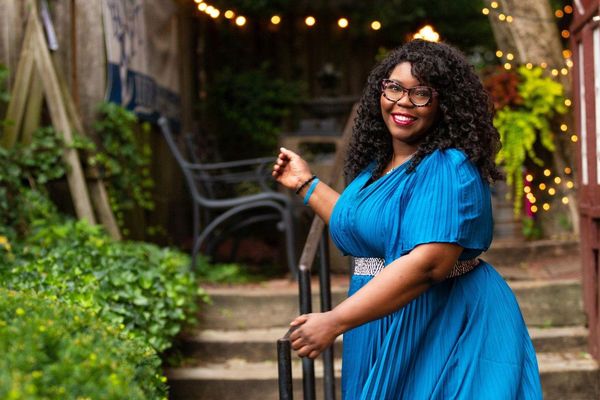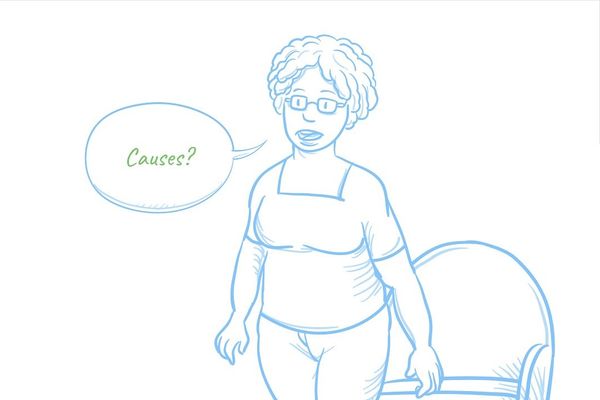I had my first miscarriage in 2015. Three more followed. My womb was a land mine, a holding space for scar tissue and trauma. It turns out a baby wasn't something I could will into fruition, like the other goals in my life. Given my health history, staying pregnant was even more challenging than getting pregnant. After two years of trying, we saw a specialist.
"Well, perhaps you waited too long. Over 35, you've got less viable eggs. Surely with endometriosis, you were prepared for this possibility," the baby guru said cavalierly.
I wondered how this doctor could wield so much power. Did she realize she'd doused my dreams and rendered me both defective and responsible in all of five minutes? She snapped off her latex gloves and tossed them into the red hazardous bin. "Schedule with my receptionist. We'll get you on fertility drugs stat."
I was 37.
I'd been diagnosed with endometriosis at age 12 — an early bloomer and heavy bleeder. I had surgery before I was old enough to drink alcohol and took oral contraceptives like vitamins most of my life. There were numerous attempts to regulate my body, which felt wildly out of control. Doctors mentioned risks, but acted nonchalantly.
I didn't know when I was 16 or 18 or even 20 that I wanted kids. The urgency came much later.
Despite ominous statistics, I got pregnant after one round of fertility meds. They labeled me high risk and required an early ultrasound, when my baby was the size of a popcorn kernel. I carted my polaroid popcorn kernel everywhere, waiting to feel the baby move, for evidence that my body was not broken.
By week six I was doubled over the toilet with hyperemesis, a form of severe morning sickness. "It happens sometimes," the doctor said.
I wanted to radiate life. Instead I was sickly and staving off a swell of anxiety, growing alongside the baby in my belly. I read Ina May Gaskin's Guide to Childbirth like an evangelical reading the Bible, trying to connect to deeper wisdom about this primal rite of passage.
Our popcorn kernel turned into an avocado, then a melon. Movements stirred. We got a doula and planned a natural birth, mother and child dancing the great dance of antiquity. I believed this was going to be my great reset.
We didn't stick to our birth plan. The grand reset didn't happen. At week 27, I woke wet and shivering. "Baby, come here. Something's wrong," I said into the pitch blackness. "I think my water broke."
As I peeled back the covers, crimson red pooled around me. My husband, an Eagle Scout, unflappable under pressure, fumbled through the dark for the phone.
"She's admitting us now. I'll get your things," he said, his voice cracking as he ended the call with our midwife.
"Did she say the baby is OK?" I searched for reassurance.
"She didn't say anything except go now." His eyes were glassy in the moonlight as he gathered my bag, packed and waiting for weeks. So much intention. So little control.
The doctors determined it was a placental abruption, a pregnancy anomaly that just happens sometimes. Throughout the upheaval, our baby, weighing barely two pounds, remained strong with no indication of distress.
Despite the slow agony of hospital time, something sacred transpired over the next six weeks when I was bound to that hospital bed. My son and I bonded in the most extraordinary, inexplicable way. Looking back, I understand we'd already begun our own special dance with antiquity, just not as I'd imagined.
I read every book I could find about preemies. I'd prepared for everything but that outcome — no one prepares to have a preemie. By 32 weeks, I learned, the baby is viable outside the womb, and the statistics for complications decrease dramatically. I felt slight relief when we passed that mile marker.
But at 33 weeks, my blood pressure soared. "Preeclampsia," the doctors said, "It happens sometimes. We don't know why."
So much expertise, so few answers. The diagnosis required an immediate Cesarean section to ensure not only my baby's survival, but mine.
My son was born on March 3, weighing 3 pounds, 12 ounces. His cry was as tiny as his body. Everything inside me throbbed and tingled at once. I reached for him, but the nurse took my hand. "Your blood pressure isn't improving, honey. We've got to focus on you."
Just like that, they took him away. I wavered in and out of consciousness over the next 30-some hours, praying like I'd never prayed before. Doctors, nurses, family and friends came to check on me. They all reported the same: we were both doing fine, lucky even.
More than a day after I'd given birth, my favorite nurse said, "Your blood pressure is finally stable. No more danger zone. How about we go see that baby of yours?"
In the NICU, he slept in a tiny box with tubes, lights and blankets. He looked like a doll more than a real baby. Suddenly, I was terrified, scared I might break him. Scared I might wreck the balance the medical team had worked so hard to achieve.
"Is it safe to pick him up?" I asked. "He looks so fragile." My eyes sought reassurance.
"Of course," said the nurse. "He needs you most now. You got this, Mama." It was the first time anyone had called me Mama.
She placed the little mound of flesh and blankets on my chest. There are moments that define a life. Part of me is still in that room, holding him, willing him to be OK with every ounce of my being. Part of me might always be in that room.
I know that 33% percent of Americans rely on some form of fertility medicine to conceive. About 10% to 20% of pregnancies end in miscarriage and likely more than that occur before a woman realizes she's pregnant. One in eight couples (roughly 6.7 million American families) struggle with infertility. I was one of those statistics. Many times I almost gave up on the inexplicable, deep desire to have a child. Some combination of hope, stubbornness and trust propelled me forward, even in the hardest moments. Now I am more than a statistic.
Now my son is a bucking bronco 5-year-old, the same baby who couldn't be contained in the womb. Now he's a boy who won't be contained by fear. The same baby, turned boy, who changed my life.
Micah Stover was raised by evangelicals on a farm in rural Tennessee. Now she's an ex-pat based in Mexico, where she lives with her husband and two sons. Micah works with trauma survivors as an integrative support therapist and is revising a memoir about healing intergenerational sexual trauma with MDMA, psilocybin and guided psychotherapy. www.sugarfootjourney.com

